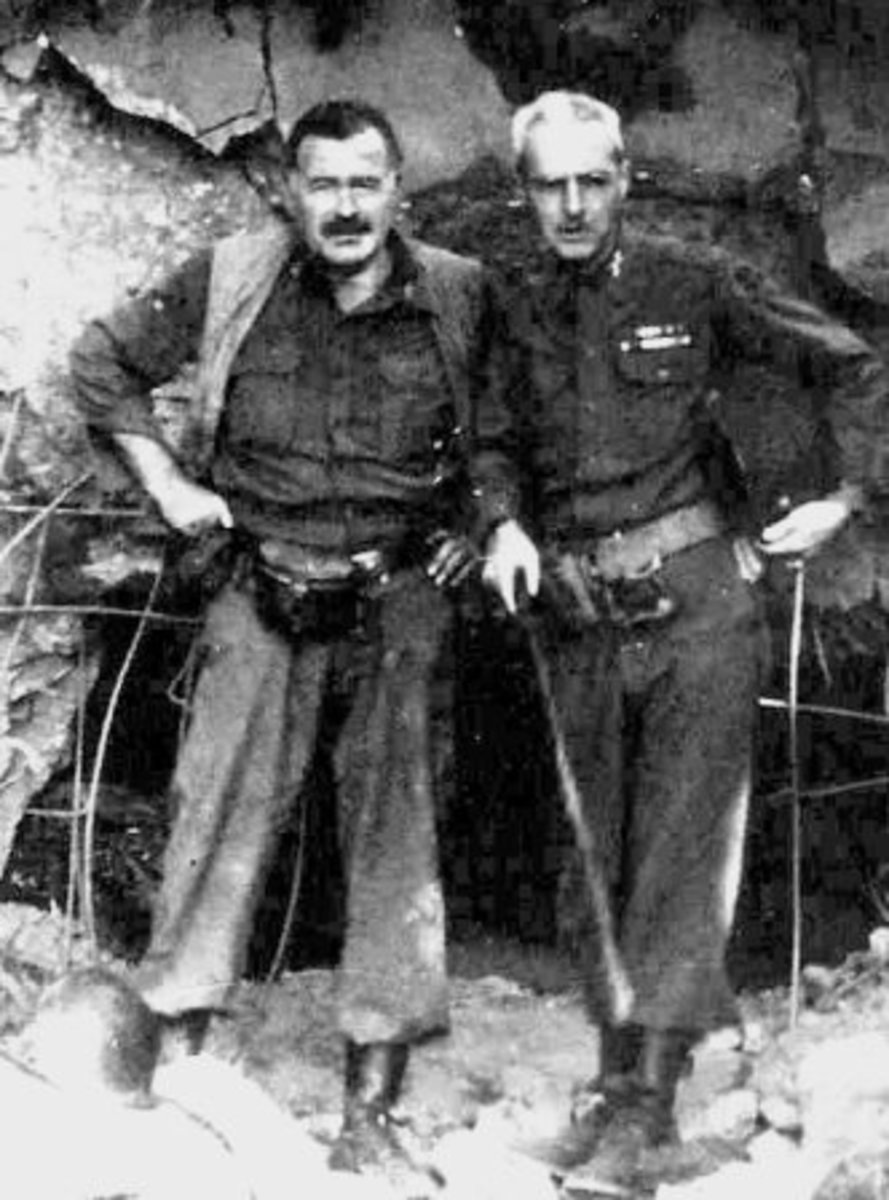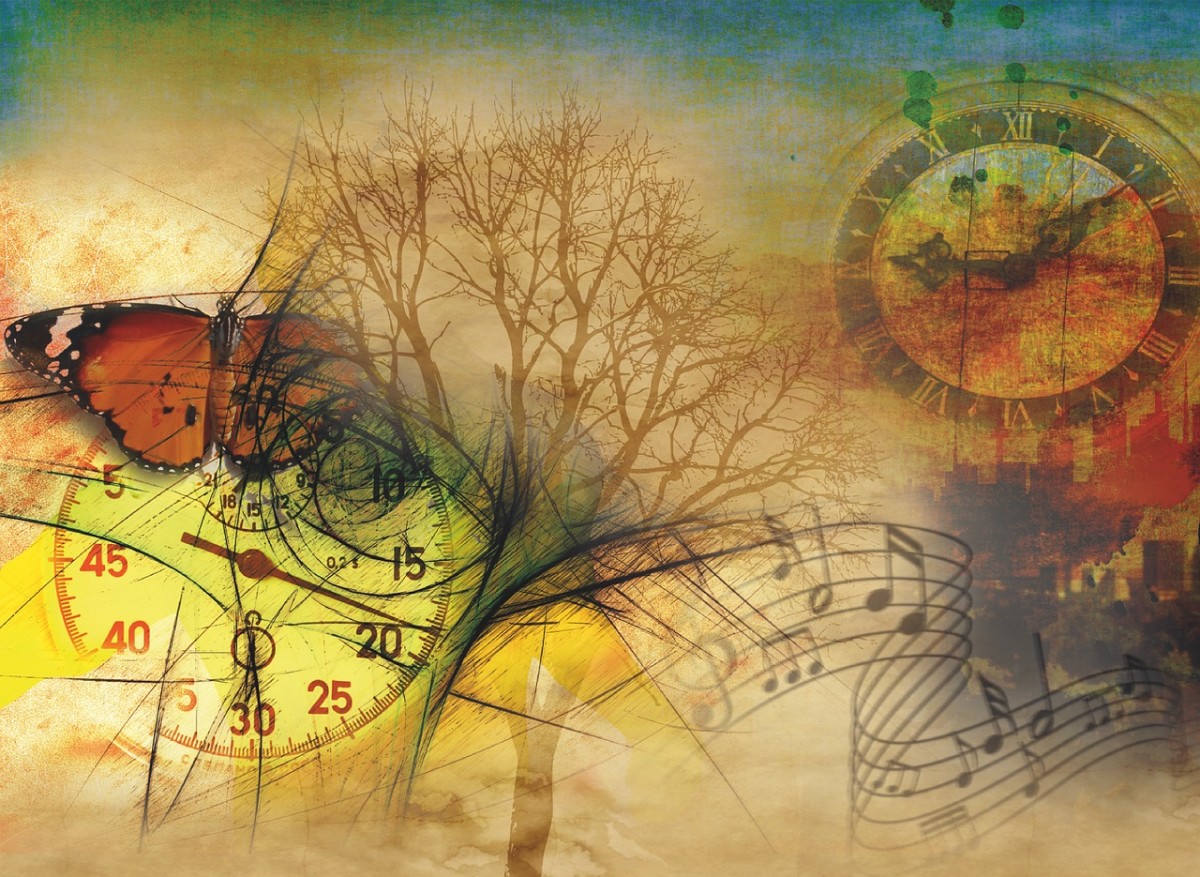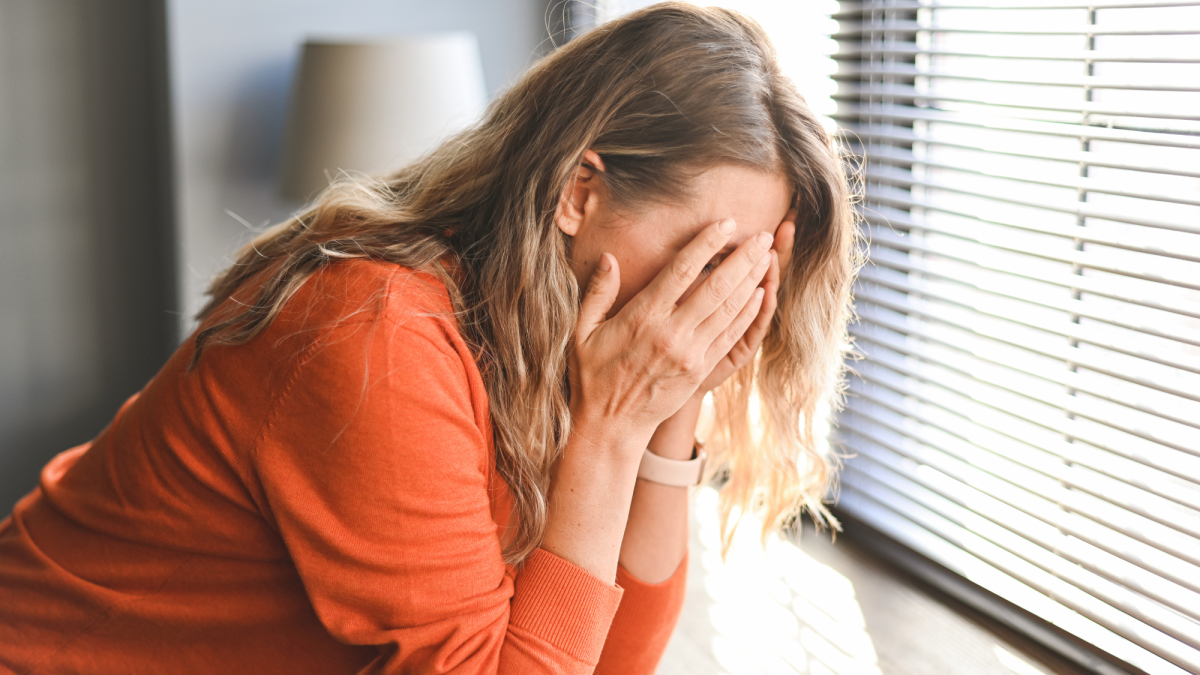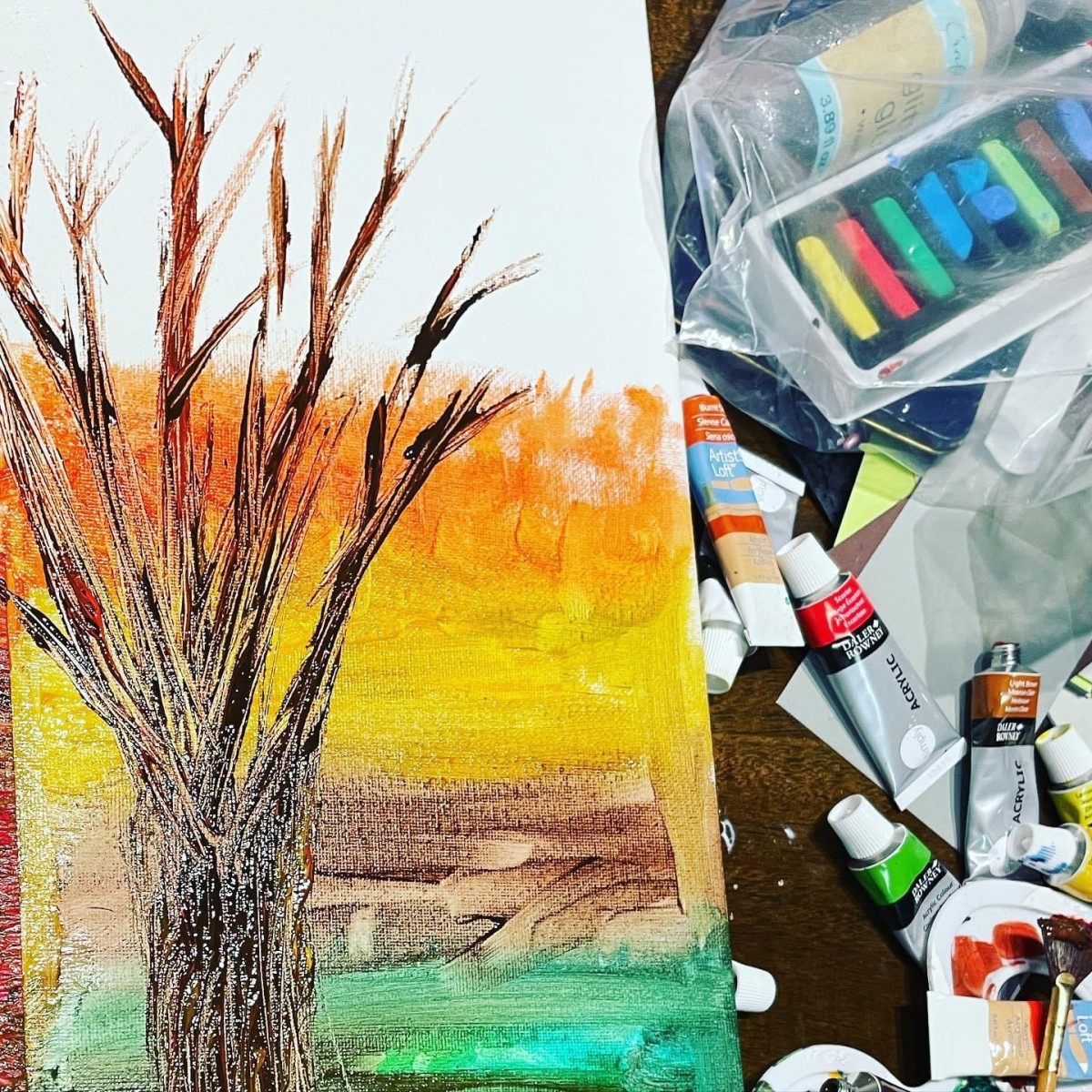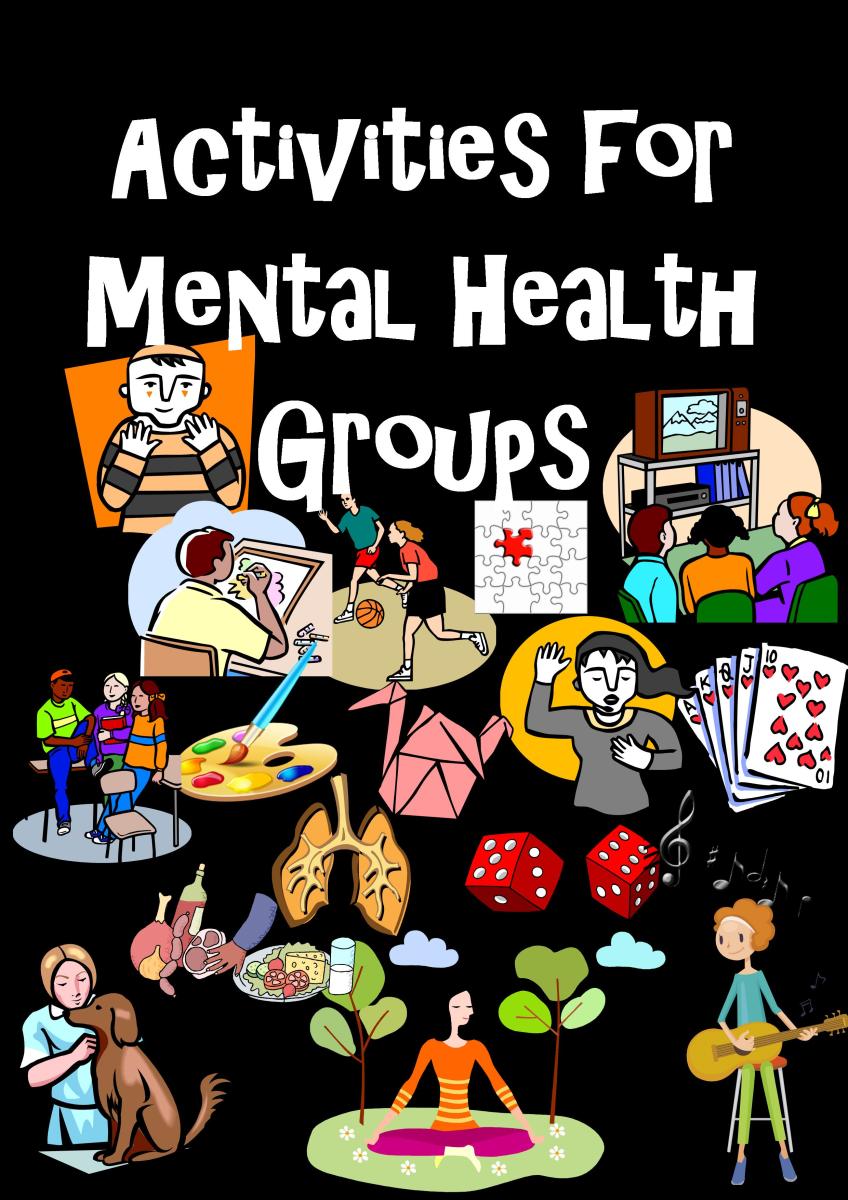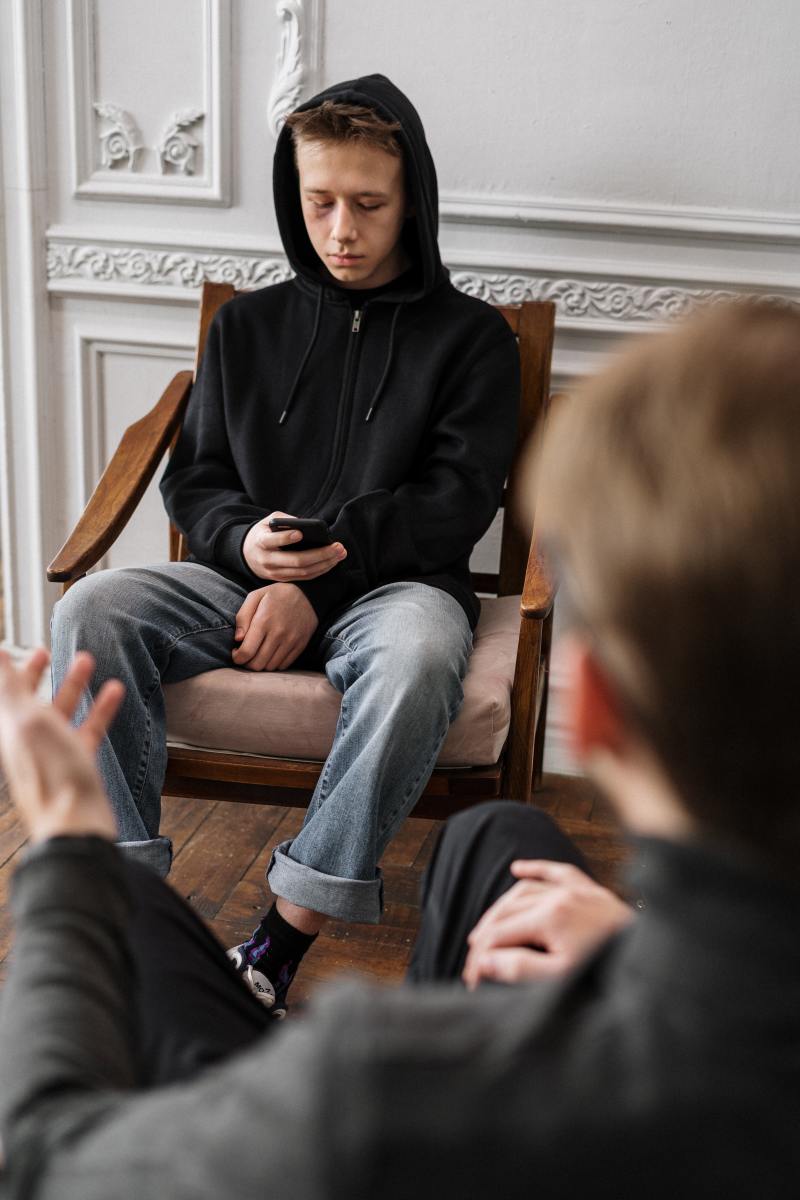Why Learning To Help Yourself Is Better Than Therapy
How Therapy Functions (in my experience)
I've been in therapy since I was fifteen and it was a lot of ranting. Most therapists practice active listening. Active Listening- is listening attentively, making small interjections without inserting your own opinion (my own take). Most therapists do not implement changes in behaviors because simply, a thirty minute session or an hour session is not enough time to practice anything. For someone to really have therapy impact them and make behavioral changes, you'd essentially need an on call therapist with multiple sessions per week. One session every two weeks or once a month is too much time in between sessions. You'll end up spending most of the time talking about your problems and then by the time you're done venting about your various problems, what do you know, it's time to schedule another appointment.
For most people, talk therapy is not enough to get down to the roots of issues. Like for example, I had a lot of childhood and teen trauma due to my abusive household, therefore, I had a lot of rapid mood changes, impulsive behavior, promiscuous sex, and drug use in my teens and early adulthood. Psychotherapy is what helped me discover a lot of root issues. For example, I liked to speed on back roads (at night drunk) in my father's brand new Buick Verano. Why? I was angry at my father and wanted to wreck his car, I was angry at his inconsistency with letting me basically have this car but in a moment's notice would rip it away from me, much like the childhood I experienced. The things in my own room weren't even mine, I was reminded of that quite often growing up being told that if I didn't behave all my stuff would be on the curb for people to take. To change this behavior, so I'd stop recklessly driving, I used DBT Therapy. Dialectical behavior therapy (DBT)- is a type of cognitive (active understanding) behavioral (how you act) therapy. But this was repeated and enforced behavioral training.
I'm married to a soon-to-be counselor, but right now she talks to people about working on life skills. She helped me a lot and was able to Psychoanalyze and change my behaviors by giving me coping mechanisms. We talked for hours upon hours about my problems until we got to the roots. I only "got better" because essentially, I live with a counselor.
Most people don't get as lucky as I do. I married someone who would help fix me and I in return, also help fix her because she helped make me a functional person. No longer was I impulsively speeding or getting tattoos/piercings. I did this to seek a thrill. Thrill Seeking Behaviors- behaviors that are usually impulsive to cause a physical rush to the brain that is similar to the rush of an upper. It makes you happy and excited. You feel alive. Why is this bad? Because there's always a comedown and these feelings aren't a stable sense of happiness. You will go and do more impulsive thrill seeking behaviors to achieve that same "high."
The Issue
Therapy doesn't focus on fixing the issue. Instead, ask questions about your behaviors to better understand and change your behaviors.
Ask Questions
There's absolutely no problem with venting or having someone listen to you, but do you want to feel like you're actually getting better instead of upping your meds or feelings lost/decaying on the inside? Venting is like blowing off steam-- it feels good initially and then it builds up again until you blow off steam again. The problem here is that it's a cycle. Vent, build up emotions, have an emotional break down, feel better, then vent. It's not a stable cycle. People will do this for years and not see any results from therapy, they may even think that they're wasting money on therapy. You are.
In order to gain something from therapy ask your therapist how you can feel less depressed. Ask them what you can do to help yourself calm down from a panic or anxiety attack. Ask questions about your behaviors. Ask questions. Asking questions is one of the most helpful things you can do to help yourself and to better understand yourself.
How Do I Help Myself?
At the same time as asking questions, ask about coping mechanisms. What are some coping mechanisms that you use to not use drugs, to feel less depressed, to calm you down, etc? Coping Mechanisms- are things that you do to calm yourself or distract yourself from feeling a certain way.
Coping mechanisms aren't meant to completely distract you, but they're meant to at least help. They're not an all around miracle worker. If you're a christian, pray.
Here are some good coping mechanisms: deep breathing, yoga, reading, listening to music.
I Am No Expert
What might work for you might not work for others. This is my own personal experience with therapy. I've found it easier to help myself than to depend on one hour appointments every two weeks.
Wrap Up
- Appointments are too short
- Talk therapy doesn't work through issues enough
- Ask questions about yourself
- Spend time thinking about how you're feeling and what you can do to fix or improve that feeling
- Work on coping mechanisms
- Try your best and doesn't get disappointed if you're not "fixed" immediately. It takes time
This content is accurate and true to the best of the author’s knowledge and is not meant to substitute for formal and individualized advice from a qualified professional.
© 2019 Dani Moore

